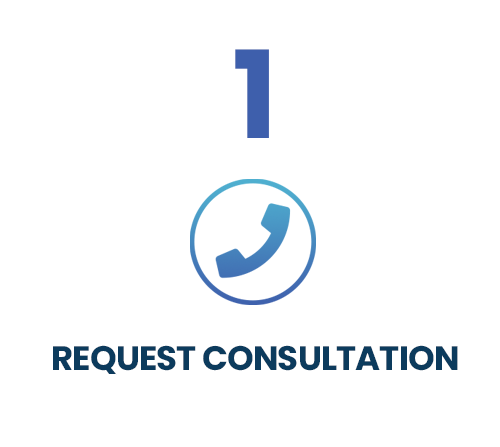You’re probably aware of the importance of installing an SSL Certificate on your website, but shopping for one is a daunting task. If a business resists utilizing an SSL Certificate, their site will be flagged as “not secure” by Google. This causes your business to stick out like the proverbial sore thumb.
SSL Certificates come in a variety of flavors, but the most important characteristic to consider is whether you want to invest in a full-fledged, paid SSL Certificate or go for the free alternative. As long as you utilize a reputable provider when acquiring your SSL Certificate, your site should meet the requisite benchmarks for security. However, there are still numerous, considerable differences between paid and free certificates.
Whether you opt for a free SSL Certificate or a paid one, the level of SSL encryption will remain largely the same. Free, cheap, and premium SSL Certificates are generally issued with 256-bit certificate encryption and 2048-bit key encryption. Plus, free SSL Certificates, such as those provided by Let’s Encrypt, are trusted by major internet browsers. Unfortunately, that is basically where the similarities end. Free and premium certificates will give your website the “lock” of assurance that reminds users that browsing your site is safe, but if you want your current and future customers to be fully protected when interacting with your site, you should consider the limitations of free SSL Certificates.
Domain Validation Only
Validating your domain gives users peace of mind when browsing your site. It also prevents malicious sites from replicating your domain and deceiving users. Due in part to their limitations, free certificates can be issued almost instantaneously, but faster isn’t always better.
On the Let’s Encrypt FAQ it states: “Let’s Encrypt offers Domain Validation (DV) certificates. We do not offer Organization Validation (OV) or Extended Validation (EV) primarily because we cannot automate issuance for those types of certificates.”
If you plan to collect personal information from your customers, relying exclusively on domain validation could put your website’s visitors at risk. Additionally, paid certificates more readily support One-Domain, Wildcard, Multi-Domain, and Code Signing SSL Certificates.
Inapt for E-Commerce
Does your business utilize its website for e-commerce? Collecting credit card and personal information to process transactions requires a higher level of validation than free certificates typically offer. Paid SSL Certificates allow your business to authenticate itself through Business Validation or Extended Validation. Domain validation alone ensures that the website is encrypted, but it doesn’t guarantee that your users are browsing the correct site. For example, someone can own the URL “amazonbusinesspro.com” without having any ties to Amazon.
Limited Lifetime
Free certificates are typically offered in 90-day increments. In other words, your business will be responsible for updating its SSL Certificate every three months. If you forget to update your certificate in a timely manner, your site will be flagged as “not secure.” Customers who notice that your site is no longer secure may not visit it again out of fear of falling victim to cyber crime. Paid SSL Certificates last significantly longer, generally one or two years, which means your business can focus on generating leads and retaining customers without worrying if your certificate is going to expire.
Lackluster Customer Support
Free certificates don’t have the same level of financial backing as paid alternatives. As a result, when your business is having an issue with its SSL Certificate, the level of customer service will be limited, often lackluster, and entirely deficient of the needs of most businesses. Remember, if your site relies on a website to acquire leads or process payments, a compromised SSL Certificate can lead to stifled revenues and a shrinking customer base.
No Liability Protection
Possibly the greatest strength of paid SSL Certificates is liability protection to guard your company against any damages that occur as a result of a hack or data breach. This warranty can be valued up to $1,500,000, which alone justifies the average cost of a paid SSL Certificate. You never know when your site could be attacked, so it’s important to have your bases covered with a paid SSL Certificate that gives your business strong liability protection.
Free vs. Paid
Like the popular idiom states, when it comes to SSL Certificates, you “get what you pay for.” If you still aren’t sure whether or not your business should be utilizing a free or paid SSL Certificate, consider contacting a digital marketing agency like Leverage Digital. Our customers are automatically equipped with free SSL Certificates while we help them determine which type of paid certificate is best for their business. Although you can save money by opting for a free certificate, you can’t go wrong with a paid one.
At Leverage Digital, we take the guesswork out of growing your business, but we can’t accomplish this goal without securing your website against malicious online attackers, data breaches, and hacks. That is why we recommend that all our clients—current, future, or otherwise—are equipped with paid SSL Certificates. Not only do these certificates protect your customers from more threats, they ensure that your customers trust you and continue to utilize your products or services in the future.
Ready to partner with an award-winning agency that delivers results? Let’s get started.





